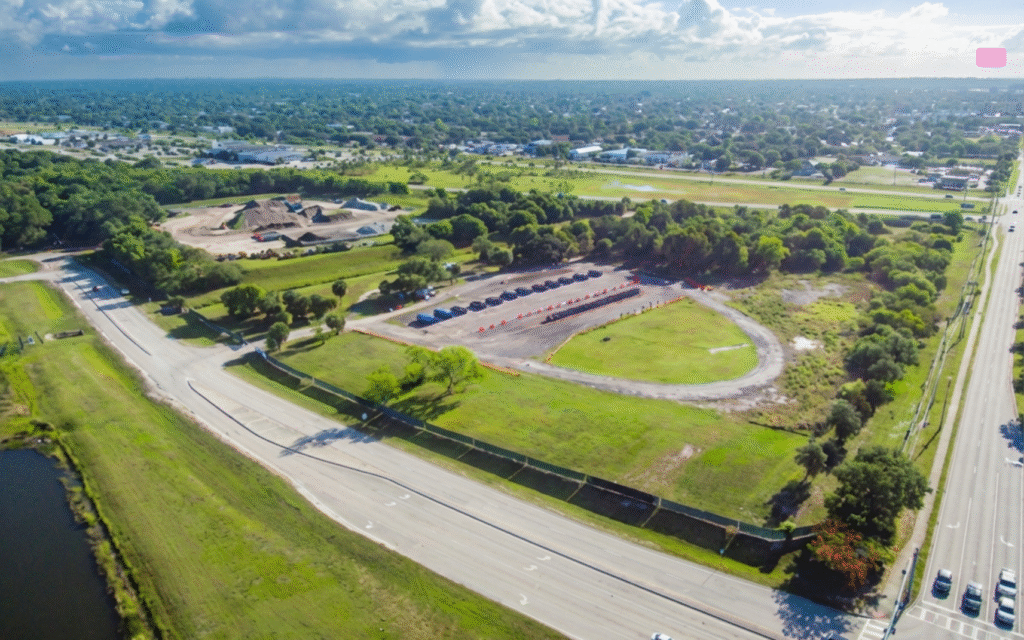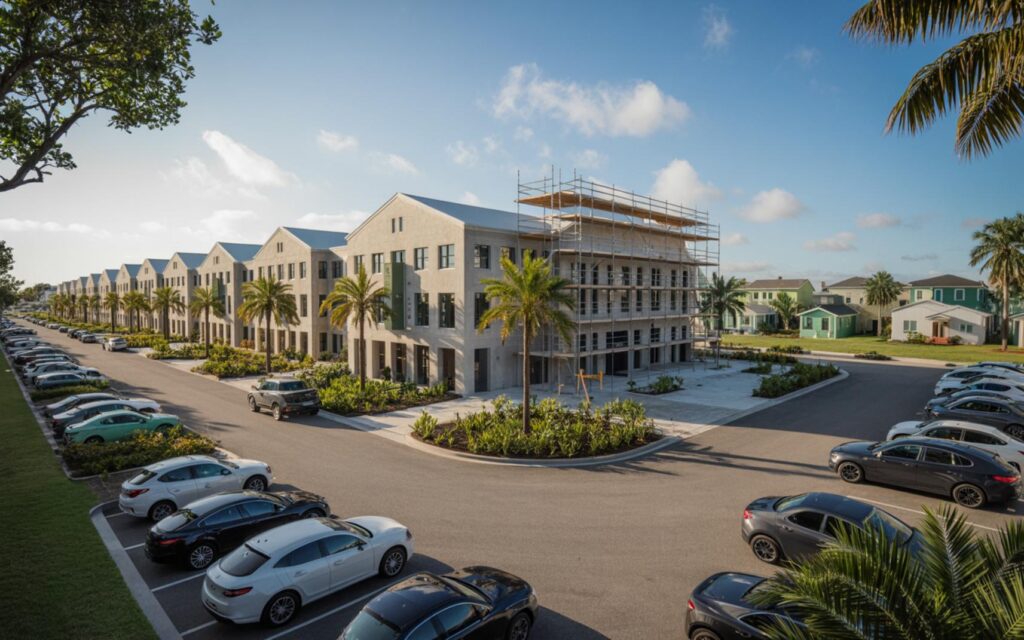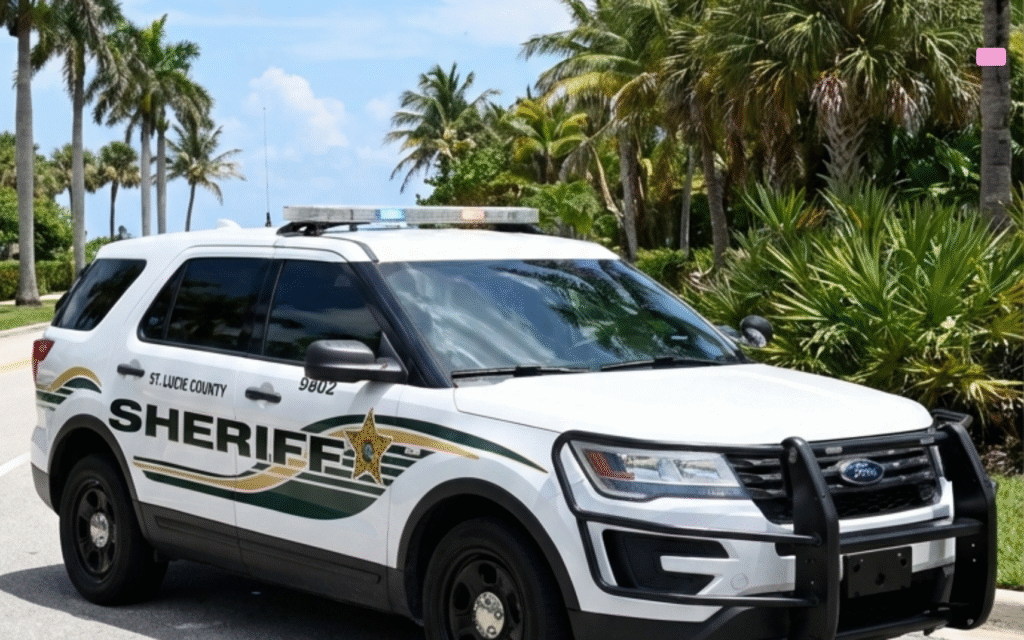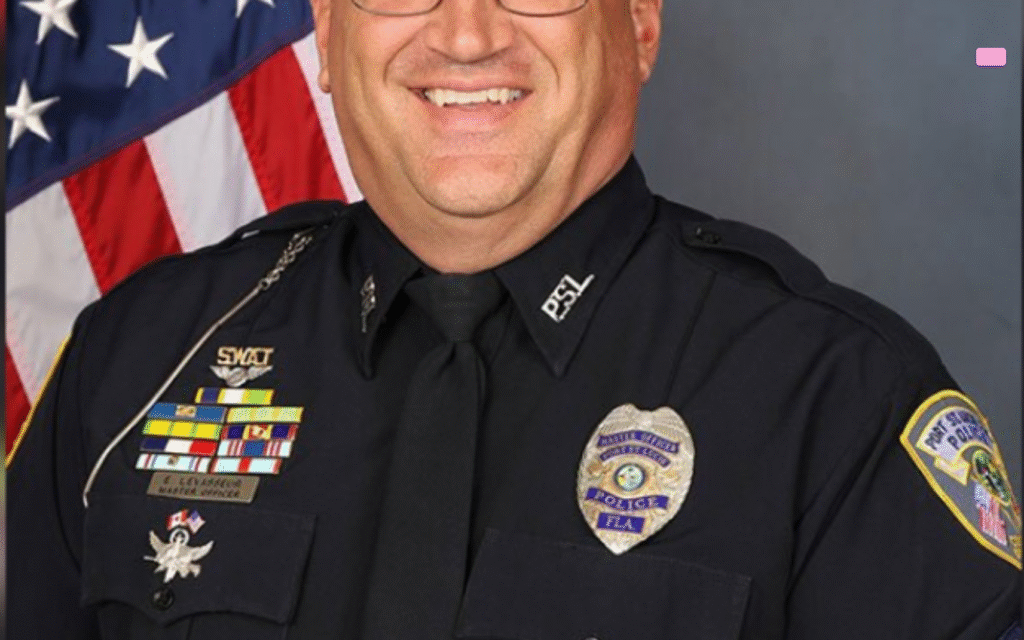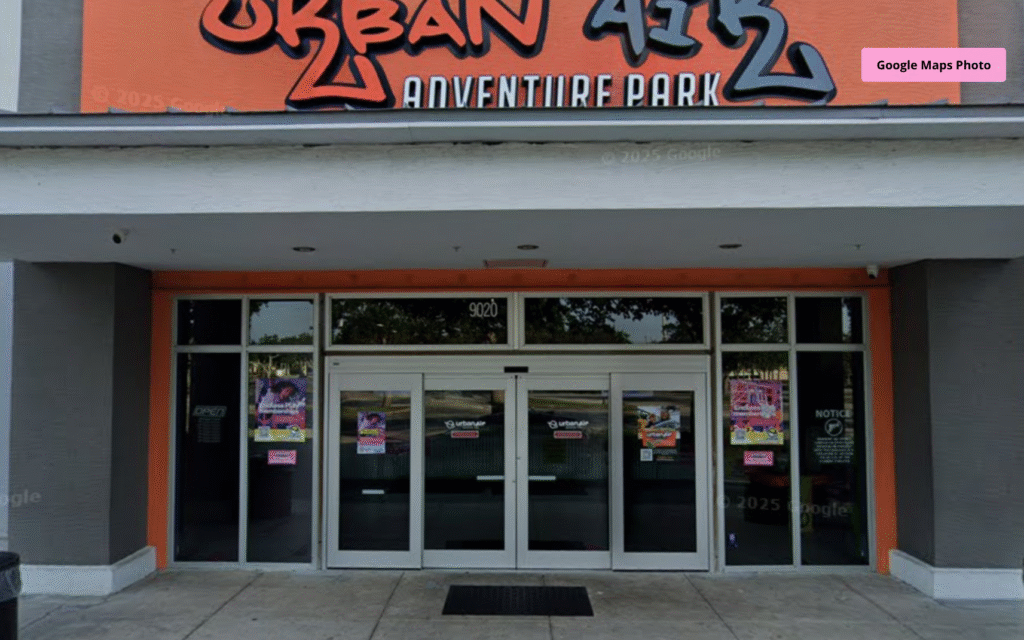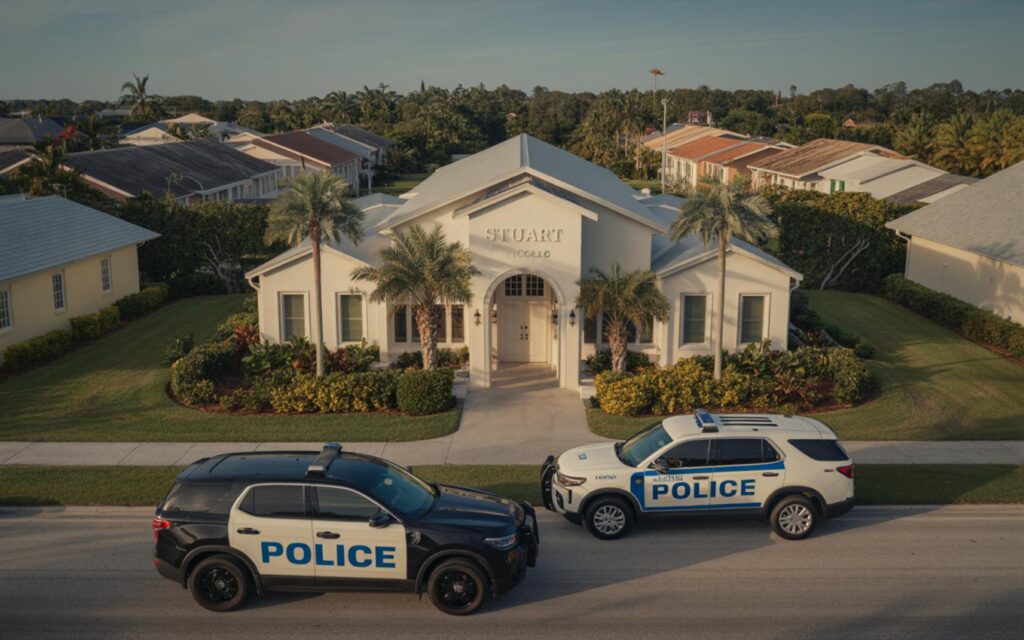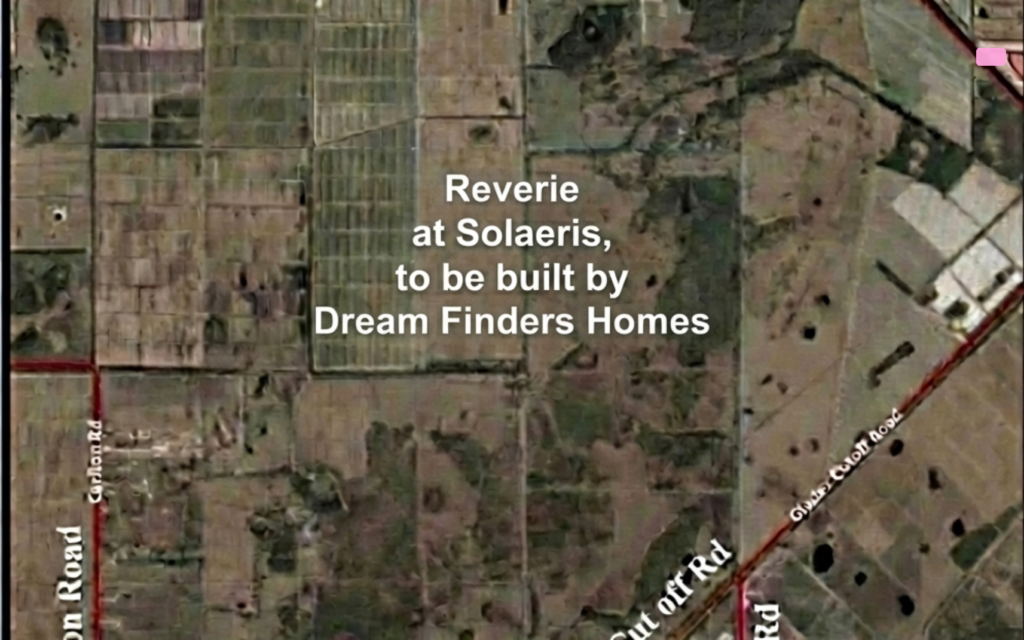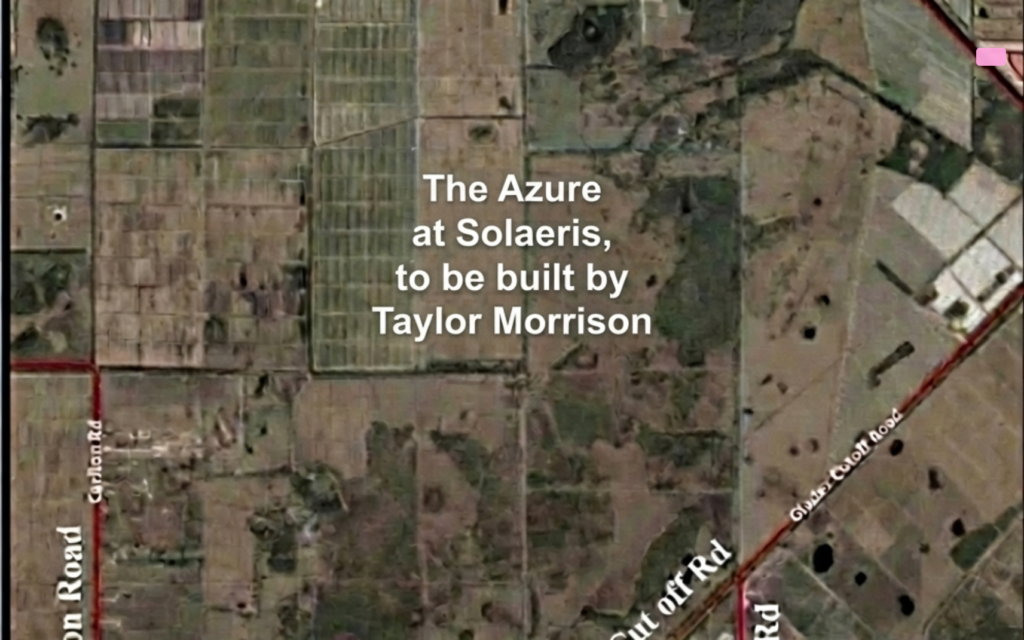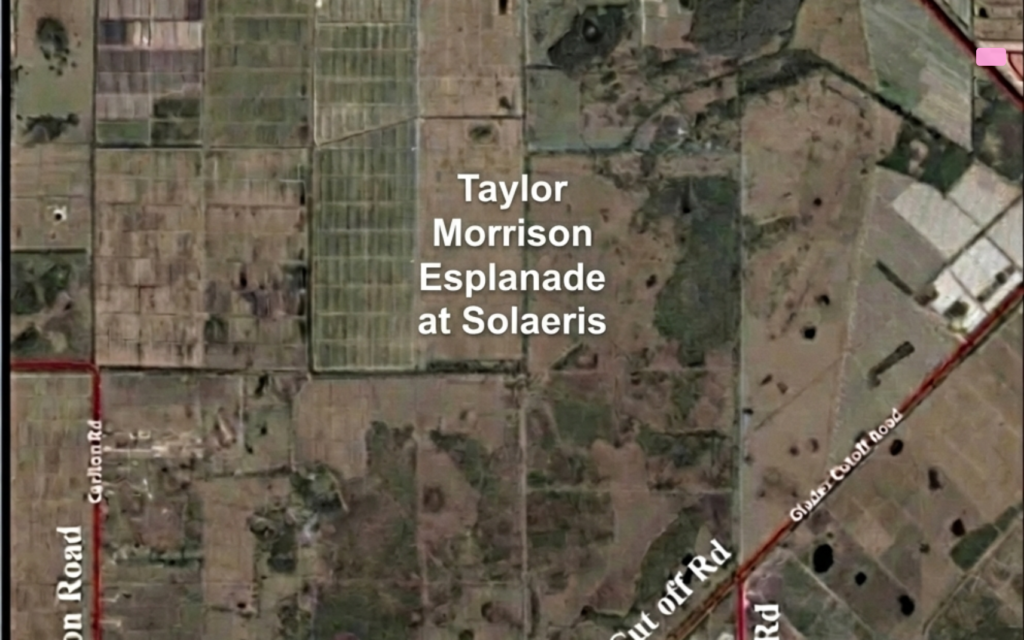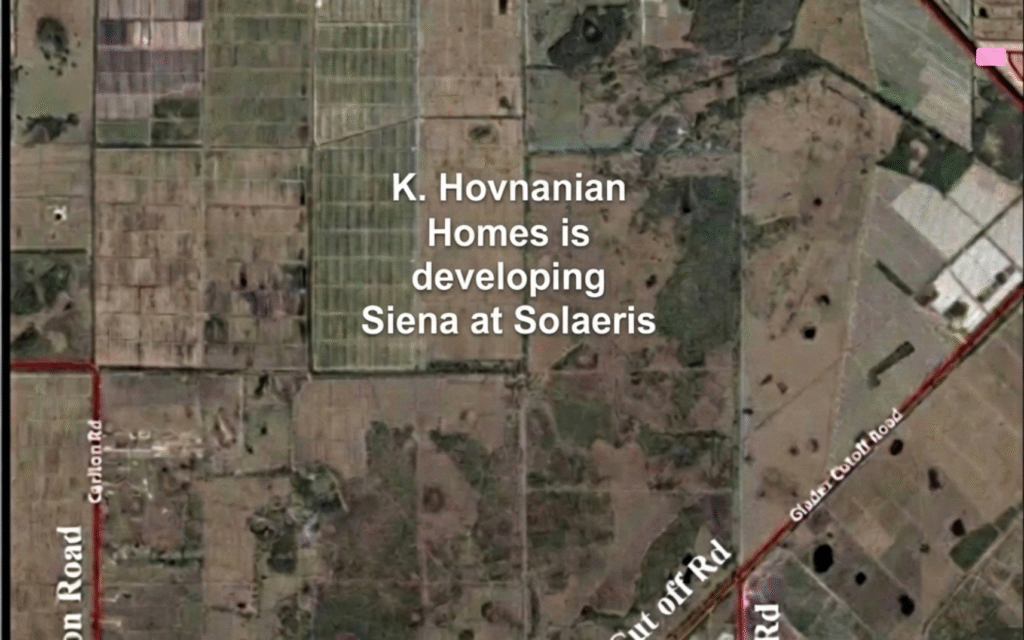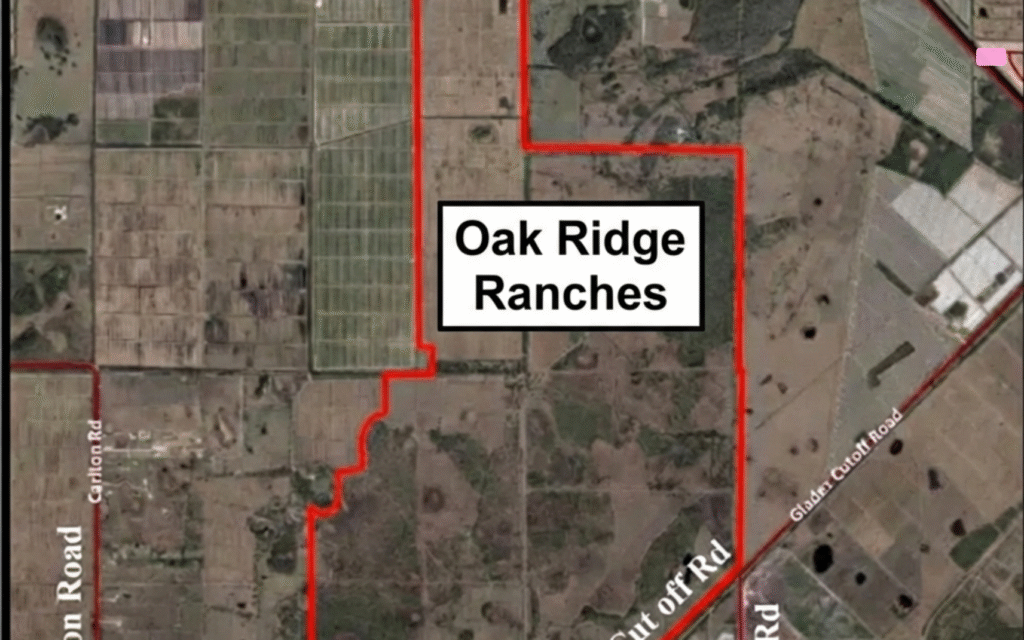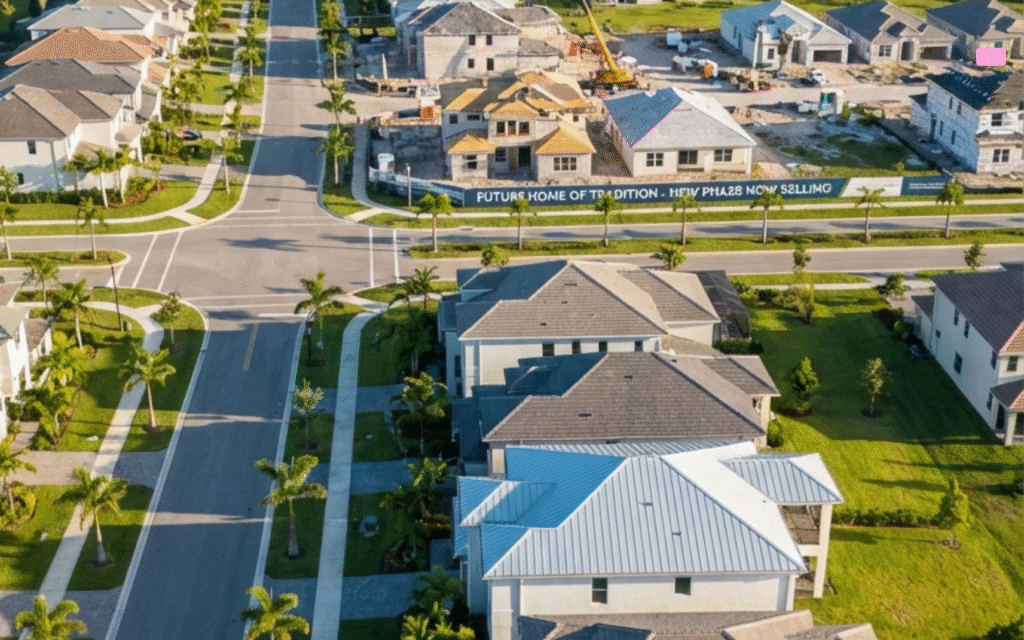Lincoln Park in Fort Pierce stands as one of the most historically significant African American neighborhoods in Florida, recognized for its vibrant culture, business legacy, and ongoing revitalization. The story of Lincoln Park Fort Pierce is central to understanding the region’s African American heritage and its impact on the cultural landscape of St. Lucie County.
Lincoln Park Fort Pierce: Historical Overview
Lincoln Park developed as Fort Pierce expanded beyond its original 19th-century fort. The area grew during the era of segregation, becoming a center for Black culture, entrepreneurship, and community life in St. Lucie County.
According to local historians, Lincoln Park’s commercial peak occurred in the 1950s and 1960s. During this period, Avenue D served as the main corridor for African American-owned shops, restaurants, businesses, and a theater. The neighborhood’s growth reflected broader patterns of migration and cultural achievement in the southeastern United States.
Key Landmarks and Institutions in Lincoln Park Fort Pierce
- Lincoln Park Academy: Founded in 1906, this institution has served generations of students and is now recognized as a leading academic magnet school in the area.
- Lincoln Theater: One of only four African American-owned theaters in the United States, the Lincoln Theater remains a symbol of the neighborhood’s cultural vitality.
- Zora Neale Hurston’s Legacy: The renowned Harlem Renaissance author lived her final years in Lincoln Park. Her home and gravesite are preserved as important local landmarks.
These sites highlight the neighborhood’s role as a center for education, the arts, and community resilience.
The Florida Highwaymen: Artistic Heritage of Lincoln Park Fort Pierce
Lincoln Park is also known as the birthplace of the Florida Highwaymen, a group of 26 African American landscape artists. According to official records, the Highwaymen originated from this community and have been inducted into the Florida Artists Hall of Fame.
Their artwork, often created with limited resources, captured Florida’s natural beauty and became widely collected. The Highwaymen Heritage Trail in Lincoln Park celebrates their contributions and draws visitors interested in African American art history.
Celebrating Cultural and Literary Achievements
Lincoln Park’s cultural legacy extends to literature through the influence of Zora Neale Hurston. The Zora Neale Hurston Dust Tracks Heritage Trail guides visitors to sites associated with her life and work in Fort Pierce.
Historical markers and walking tours throughout Lincoln Park Fort Pierce highlight the achievements of artists, educators, and entrepreneurs who shaped the neighborhood’s identity.
Revitalization and Economic Development in Lincoln Park Fort Pierce
Lincoln Park is currently undergoing significant revitalization focused on restoring its historic character and supporting economic growth. According to City of Fort Pierce officials, projects include:
- Streetscape improvements and infrastructure upgrades
- Removal of substandard housing
- Commercial façade grants to encourage business investment along Avenue D
- Development of the Intermodal Bus Terminal and Moore’s Creek Linear Park to enhance transportation and recreation
These efforts aim to attract new businesses, improve quality of life, and preserve the neighborhood’s unique heritage.
Heritage Tourism and Community Engagement
Heritage tourism is a growing focus in Lincoln Park Fort Pierce. The City of Fort Pierce promotes walking tours, historical markers, and cultural trails that celebrate the neighborhood’s notable residents and artists.
Community events and educational programs support local pride and connect residents and visitors with Lincoln Park’s history.
Lincoln Park Fort Pierce in Regional and Statewide Context
Experts in Florida history view Lincoln Park as a vital example of African American resilience and creativity. The neighborhood’s legacy is considered central to understanding the broader history of Black communities in Florida and the American South.
Lincoln Park’s artists, educators, and entrepreneurs have had a lasting impact on the state’s cultural landscape. Today, the neighborhood stands as both a living community and a heritage destination, drawing visitors interested in African American history, art, and literature.
Frequently Asked Questions About Lincoln Park Fort Pierce
What is Lincoln Park Fort Pierce known for?
Lincoln Park Fort Pierce is known for its historic African American community, vibrant culture, and role as the birthplace of the Florida Highwaymen artists. The neighborhood is also recognized for its educational institutions and heritage sites.
How much has Lincoln Park changed in recent years?
Lincoln Park has seen significant revitalization, including infrastructure upgrades, new parks, and support for local businesses. Efforts focus on preserving historic character while encouraging economic growth.
Are there cultural trails or walking tours in Lincoln Park Fort Pierce?
Yes, Lincoln Park offers several cultural trails and walking tours, such as the Zora Neale Hurston Dust Tracks Heritage Trail and the Highwaymen Heritage Trail. These highlight the neighborhood’s history and contributions to art and literature.
Can you visit landmarks related to the Florida Highwaymen in Lincoln Park?
Visitors can explore sites and historical markers dedicated to the Florida Highwaymen throughout Lincoln Park. The Highwaymen Heritage Trail provides information about their art and legacy.
Where are the main historic sites in Lincoln Park Fort Pierce?
Main historic sites include Lincoln Park Academy, the Lincoln Theater, Zora Neale Hurston’s home and gravesite, and various locations along Avenue D. These sites are featured on local heritage trails and tours.


